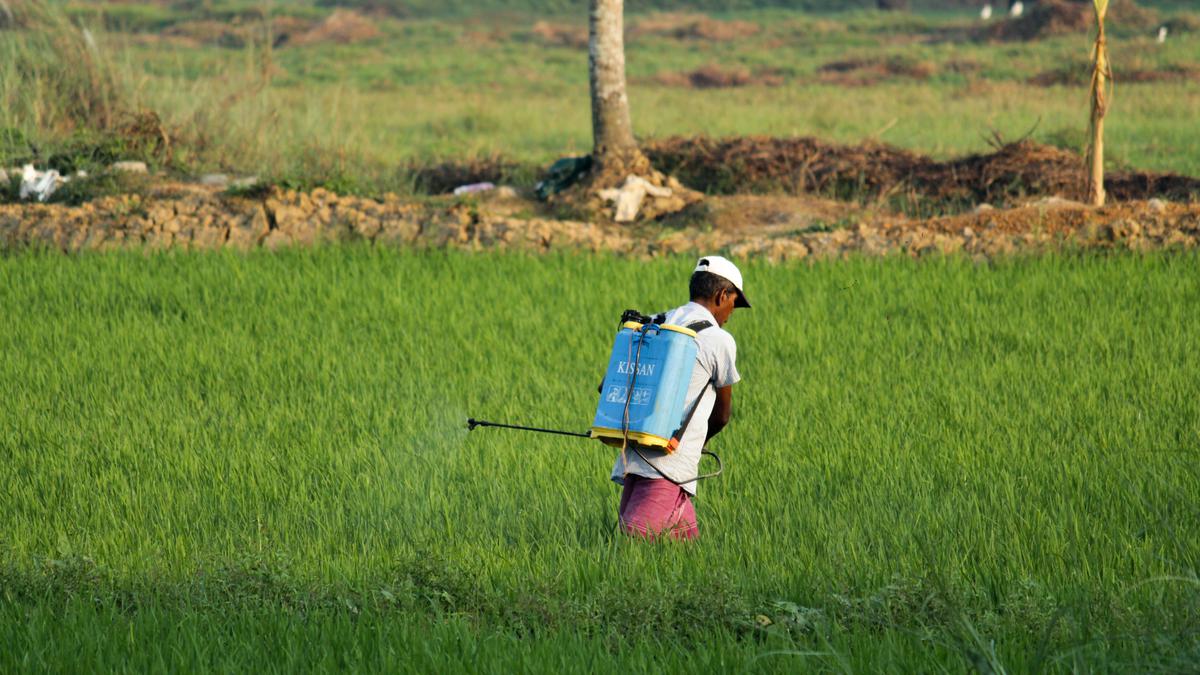
Feeding humans has trapped the world in debt, degradation: FAO report | Explained Premium
The Hindu
A UN FAO report has revealed a staggering hidden cost of agrifood systems surpassing $10 trillion. In India, this manifests as poverty, environmental harm, and health-related issues. To transform these systems, multi-cropping systems can protect farmers, improve nutrition, and positively impact ecology. India's Green Revolution led to monoculture, undermining seed sovereignty, nutrition, and ecology. Privatisation and deregulation increased debt and made farming unviable. Diversified multi-cropping systems rooted in agroecology principles can revitalise land and soil, improve nutrition, and sustain farmer incomes.
A groundbreaking report from the United Nations Food and Agriculture Organisation (FAO), published earlier this month, has laid bare the staggering hidden costs of our global agrifood systems, surpassing an astonishing $10 trillion.
In middle-income countries like India, these costs constitute nearly 11% of the GDP, which manifests as higher poverty, environmental harm, and health-related impact (including undernourishment and unhealthy dietary patterns).
The report blames “unsustainable business-as-usual activities and practices” for these escalating costs, pointing to a need to transform agrifood systems. One way to do so is to shift to multi-cropping systems that have the potential to protect farmers’ well-being, improve nutritional outcomes for our communities, and positively impact ecological health.
Impressive improvements in agricultural productivity have been achieved in India over the last five decades by mainstreaming monocropping systems and chemical-intensive farming practices.
The Green Revolution focused credit on inputs and marketing of high-yielding varieties of paddy and wheat on agricultural lands, which now constitute more than 70% of India’s agricultural production.
The infusion of seeds purchased from multinational corporations and fertilisers undermined seed sovereignty, dismantled Indigenous knowledge systems, and fuelled a shift from diverse crop varieties and staples such as pulses and millets to monoculture plantations. This trend also compromised the nutritional needs of households and resulted in adverse ecological consequences including soil fertility and excessive extraction of groundwater.
This privatisation and deregulation of agricultural inputs also increased indebtedness among agrarian households. In 2013, the debt to asset ratio of a farmer household in India was 630% higher than in 1992. Agriculture in India has been becoming increasingly unviable: the average monthly household income of a farming household sits at Rs 10,816.

Under the NBS, newborns are screened for communication disorders before they are discharged from the hospital. For this, AIISH has collaborated with several hospitals to conduct screening which is performed to detect hearing impairment and other developmental disabilities that can affect speech and language development. The screening has been helping in early intervention for those identified with the disorders, as any delay in the identification poses risk and affects successful management of children with hearing loss, according to AIISH.












